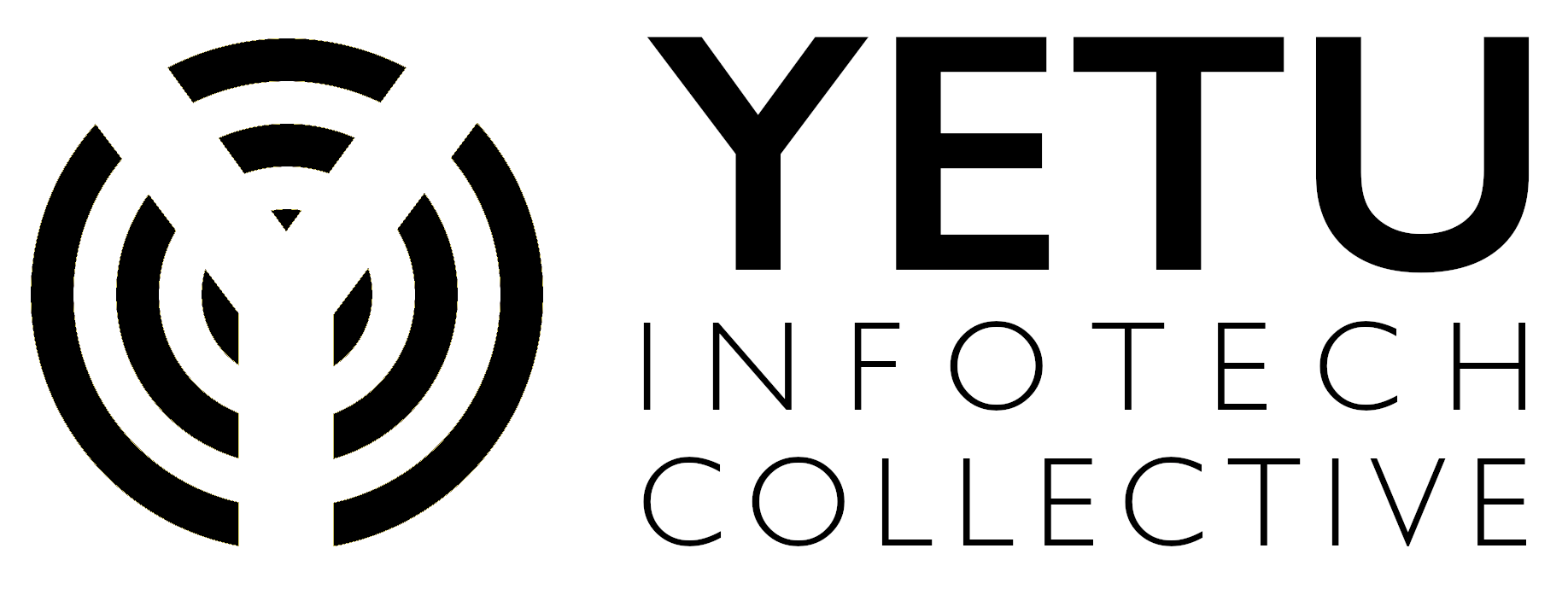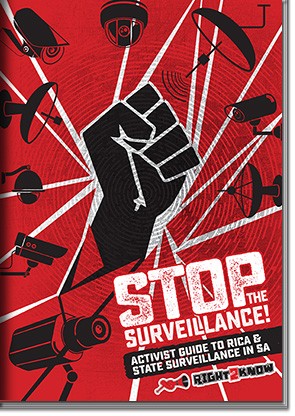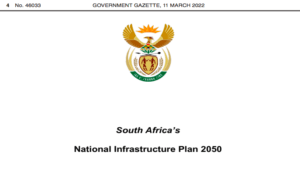The Right2Know Campaign has published STOP THE SURVEILLANCE, an activist guide to communications surveillance in South Africa.
Nearly everyone in South Africa knows about a law called “RICA” (the Regulation of Interception of Communications and Provision of Communications Related Information Act). This is the law that says everyone who buys a SIM card must register their identity to the SIM card: meaning that all of your communications are linked to your identity.
In fact, RICA is South Africa’s main surveillance law: it is the rulebook that says how and when the South African government can intercept your private communications: your calls, messages, emails, and internet activity. This is what we sometimes call “bugging” or “tapping” of your communications.
Privacy is a basic human right enshrined in section 14 of South Africa’s constitution. In South Africa, just like all over the world, there are growing concerns that the government’s surveillance capacity – its ability to listen in on people’s private communications or gather information on their activities – is being abused.
There is evidence in South Africa that surveillance is used to target journalists, political activists, unionists, and to interfere in our politics and public life. There are also broader concerns that this affects not only a few individuals, but millions of ordinary people in South Africa who use communication every day. Some of this is because of the board powers that are contained in RICA, some of this is because of communications surveillance that is conducted outside of the powers of RICA.
This is not only a South African problem; it is a concern around the world. Advancements in technology have brought together many different kinds of communications (calls, e-mails, web searches, online chats, social media) to one device that is both mobile and connected to the internet.
Across the world, communication surveillance is a common tool of repression. Those with power and wealth are afraid of ordinary people, especially when the people are struggling for political freedom and socio-economic justice.




